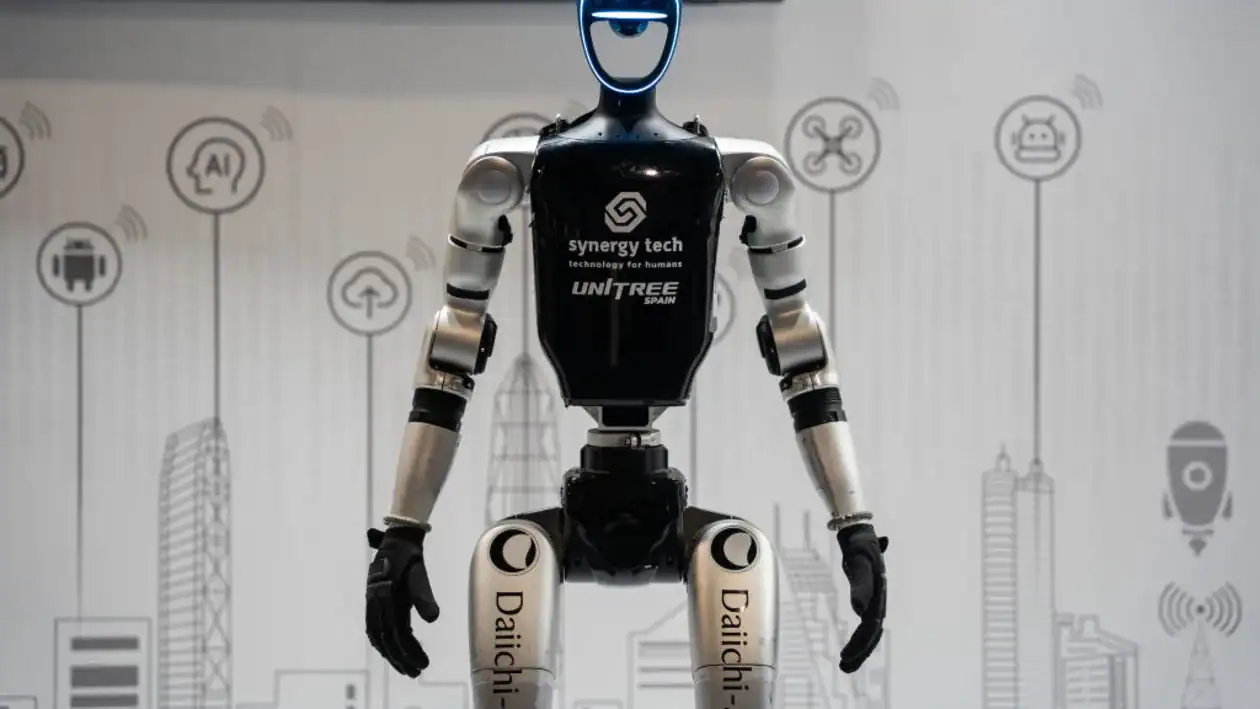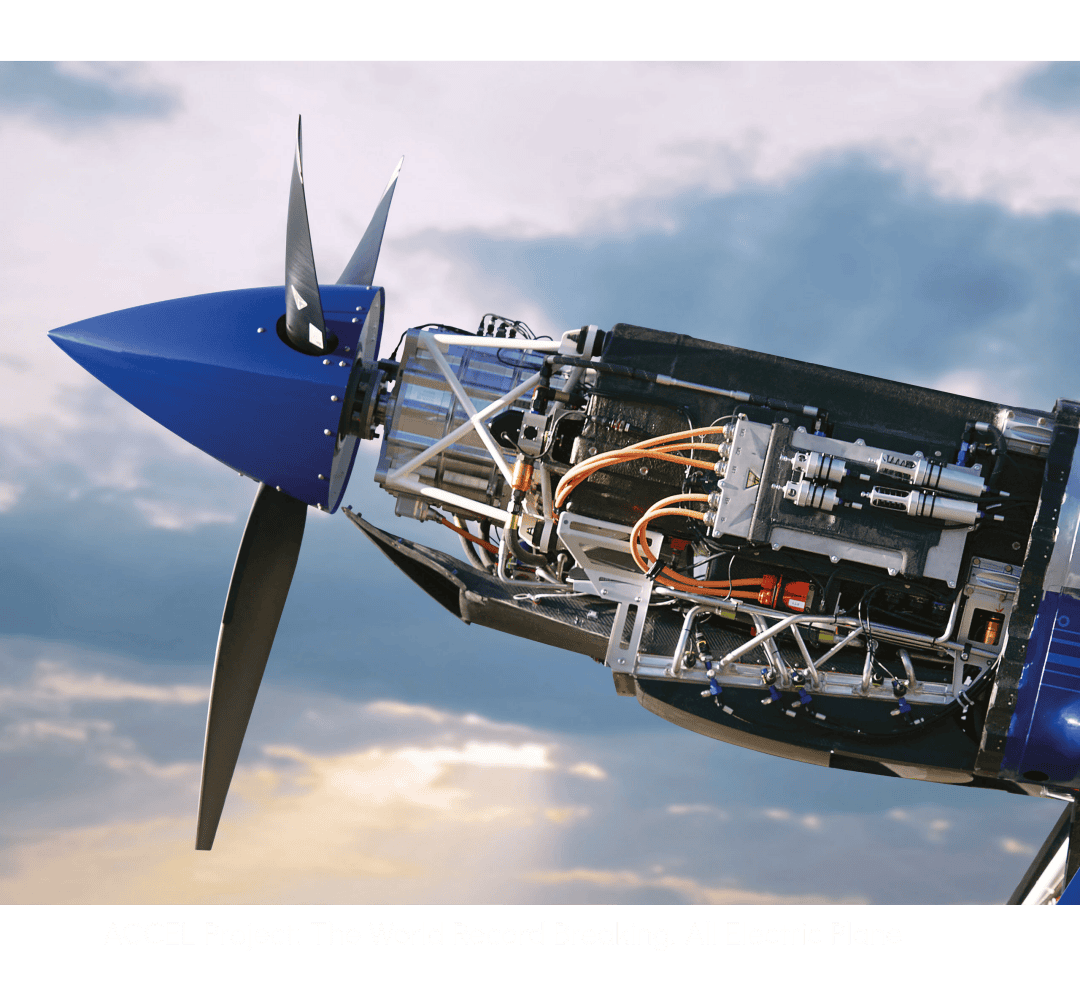DETROIT – Electric vehicles are just like ordinary gas guzzlers in some respects, including their lifespan. They need to be replaced every once in a while. That kicks a whole ecosystem of automotive supply chain activity into gear, with a new carbon footprint piling up along the way. A longer-lasting solid-state EV battery would help cut those lifecycle emissions, and the startup EnergyX is among those hammering away at the problem.
The lifespan of a typical electric vehicle battery has a lot to do with driving habits as well as local road and climate conditions. The generally accepted rule of thumb is 10-20 years, though the current practice is to warranty the battery for eight years.
In terms of the electric vehicle lifespan, the lithium supply chain has raised concerns over lifecycle environmental impacts related to surface mining and the use of open-air evaporation lagoons, among other issues.
The US Department of Energy has been searching for alternative solutions in the form of Direct Lithium Extraction (DLE) technologies. If you’re familiar with the Hell’s Kitchen geothermal lithium project at the Salton Sea in California, that’s one example.
Last July, the Energy Department tapped EnergyX (aka Energy Exploration Technologies) to share a funding pot with nine other alternative lithium supply projects, aimed at extracting lithium from geothermal brine for the EV battery market.
The company received $5 million in funding, to be applied to a project called “Simplified High Purity Direct Lithium Hydroxide Production from Salton Sea Brines.”
In October, EnergyX got another shot of financial adrenaline from a group of Korean investors including Elohim Partners and IMM Investment Global, which counts the leading EV battery materials supply firm POSCO among its participants.
“POSCO will provide financial and strategic benefits to EnergyX to help the company accelerate its transition towards full commercialization,” EnergyX observed, noting that POSCO has also made a $4 billion commitment towards its lithium operation in Salta, Argentina.
To read more, click on Clean Technica






